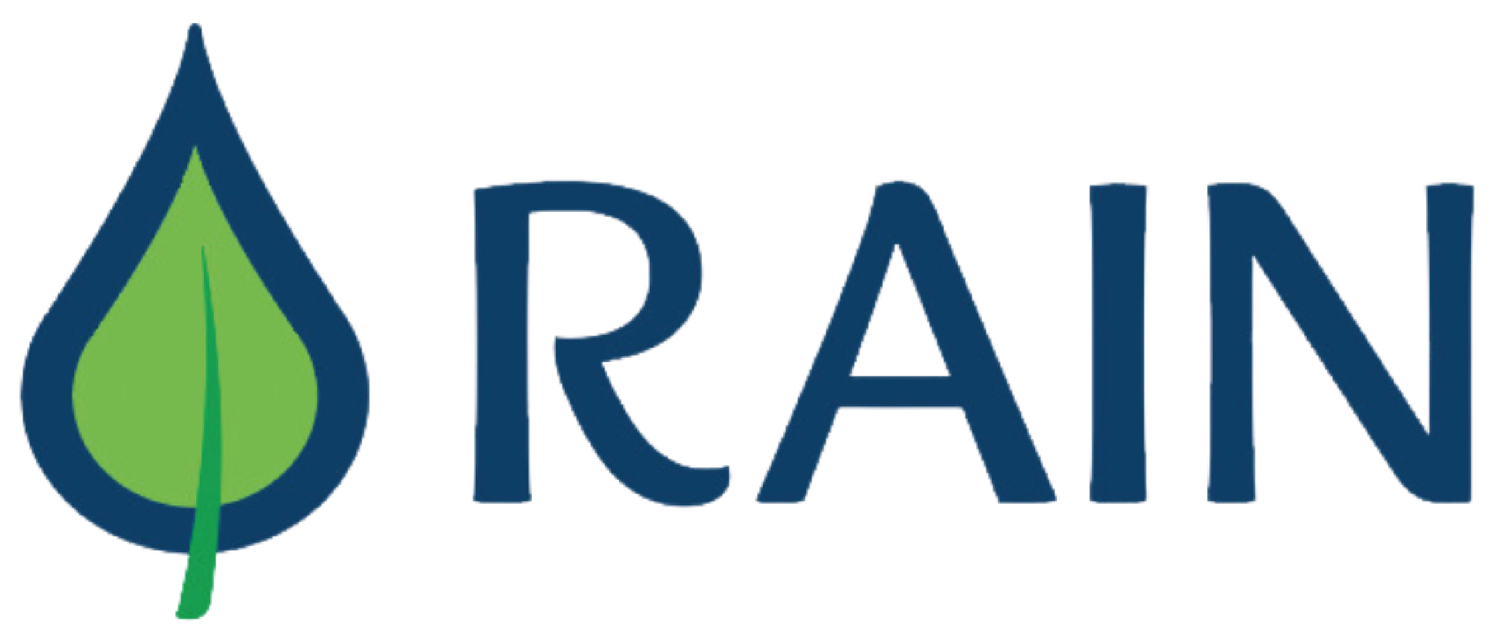Indigenous nation asking for help to reforest
Updated: Jun 30
The Terena people live on the scarred landscape of Mato Grosso do Sul, which means ‘thick woods of the South’ and recalls how it looked before the ranchers arrived. They want to see it lush and full of animals again, and are asking for our help.
The Terena culture used to occupy tens of thousands of hectares, but most was taken from them and degraded by cattle farming, as the map shows. The River Buriti, that feeds 13 separate aldeias (indigenous villages) in the Buriti indigenous reserve, has suffered terribly, and the water volume is dropping year by year as a result. It is the thin green line you can see in the top right of the reserve.
In recent years this nation won back a fraction of their ancestral territory. They have 2090 hectares, 800 of which are highly degraded.
We are looking for 13 schools in the Brighton area to twin with 13 schools in the reserve - details of the school scheme here. Each will build a sapling nursery here in the UK, and also sponsor a nursery in one of the aldeias. As the trees grow, so can the friendships between young people of these two cultures, with students learning about each others' cultures and developing forms of mutual aid and international solidarity (and several schools have already taken the first step by planting their own nurseries). We invite local business, philanthropists and other organisations to help financing the initiative. A nursery in Brazil costs £600, and in the UK it can be built for next to nothing.
Annually 13 sapling nurseries in the Buriti Reserve would produce around 10,000 trees and reforest 10 hectares. Each hectare adds around 3 million litres of water through the roots into the water table per year, and in this way the river can be brought back to health.
Impacts:
Return pastureland to forest
Restore habitats and biodiversity
Protect endangered species
Revive springs and streams
Feed aquifers
Provide food security
Boost local economy with sustainable produce
Preserve a unique culture
Increase adaptive capacity to flood & drought
Sequester carbon
Ecologists understand that the fastest way to return degraded land to health is to put it in the hands of indigenous people. While Mato Grosso do Sul may feel like a long way away, weather systems span the world and the struggle for a better future unites everyone on the planet.
If you can support students in the UK to re-wild their surroundings while helping the Terena turn back the tide of desertification, please consider making a donation to RAIN.



